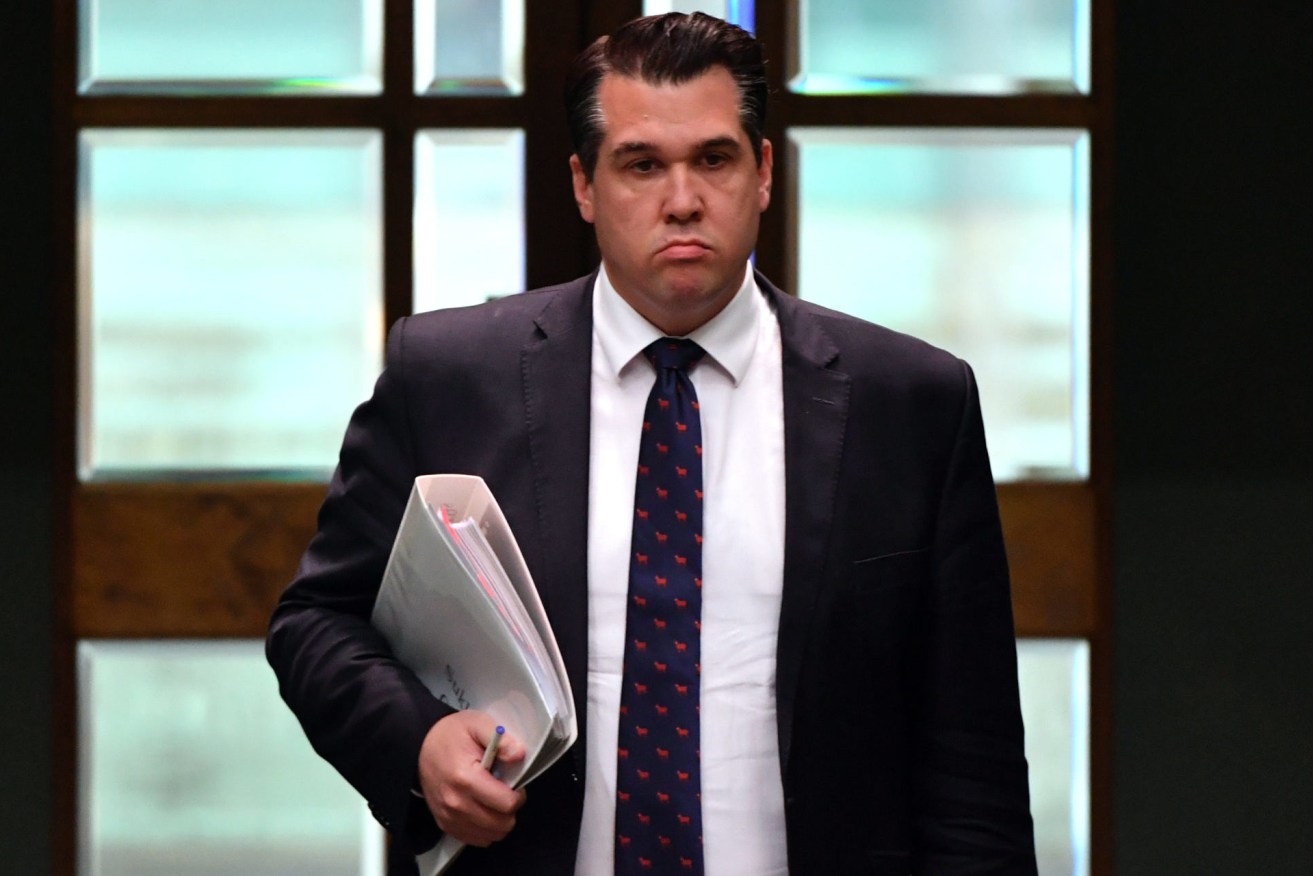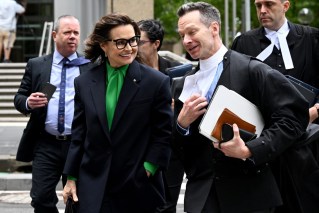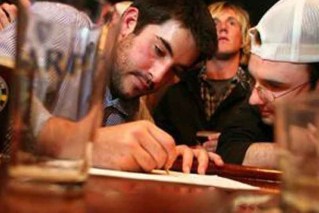Wasting public money can take lots of time and effort
The Federal Government asked the Productivity Commission to look at remote tax assistance schemes but didn’t like the answer. The result? A great waste of time and money, writes Robert MacDonald


Assistant Treasurer Michael Sukkar. (Photo: AAP Image/Mick Tsikas)
It’s not always easy for governments to waste public money.
Sometimes it takes a lot of time and hard work.
Take the Productivity Commission’s study into remote area tax concessions and payments, which the Federal Government commissioned in late 2018.
It took a team of 11 people with five assistants, a full year to complete and cost about $2 million, judging from similar previous Commission projects. (We won’t know the exact amount until the Commission’s 2019-20 annual report is released late this year.)
The work involved meetings across the country, from Normanton to King Island, from Lord Howe Island to Broome, and attracted 199 written submissions.
The Government received the Commission’s 384-page final report on 12 February this year and barely two weeks later, threw it in the bin.
Why? Because of the bushfires and coronavirus, according to Assistant Treasurer, Michael Sukkar.
“Given the challenges faced by regional Australia, including as a result of the impacts of the recent drought, bushfires and now Coronavirus, the Government will not be acting on the Productivity Commission’s recommendations,” Sukkar said in a 26 February media statement.
Which was just as well for the Government. It would have found selling the Commission’s recommendations to regional communities, let alone the Coalition’s National Party members, politically challenging.
Treasurer Josh Frydenberg had asked the Commission to review remote area tax assistance “to ensure it remains fair and contemporary.”
“Concerns have been raised that the remote area tax assistance has not fundamentally changed over a number of decades to reflect changes in demography, infrastructure and cost of living,” Frydenberg’s media statement said. Some assistance schemes had been in place since the end of World War II.
Who knows quite what the Government might have been hoping for but the Commission’s final report recommended scrapping or sharply curtailing existing tax assistance schemes – the zone tax offset, fringe benefit tax remote area concessions and the remote area allowance.
The Commission argued the current programs were, “outdated, inequitable and poorly designed” and “should be rationalised and reconfigured to reflect contemporary Australia.”
Translated, that meant lots of the people benefitting from current arrangements would lose out if the Government adopted the Commission’s recommendations.
The Commission had foreshadowed its thinking in its draft report released in August last year and drew plenty of objections from potentially affected individuals and organisations.
It received 101 submissions on its draft report, among them one from the Queensland Government claimed abolishing the zone tax offset would reduce the incomes of 288,000 Queensland taxpayers by about $55 million a year.
Health workers in remote areas could be almost $15,000 a year worse off and a police officer with two dependents, more than $8000 behind, the State Government said.
The Association of Mining and Exploration Companies said it didn’t support any changes “which will detrimentally impact investment and business decisions made by Australian mining and mineral exploration companies.”
The Commission was unmoved, saying in its final report that it had “taken a community‑wide perspective and considered the need to promote regional development as required by the Productivity Commission Act 1998” in assessing reform options.
“This approach was a source of criticism on the Commission’s draft recommendations, as they did not concur with the views of the bulk of participants, most of whom are direct beneficiaries of the remote area tax concessions and payments,” the Commission noted.
“However, the Commission assesses arguments for government measures on their merits, given the available evidence, rather than on the frequency with which those arguments are put.”
Politicians, on the other hand, often do it exactly the other way round – assessing arguments for government measures on the frequency with which those arguments are put rather than on their merits.
And so, another $2 million or so of public money is wasted.













